GREETING
This season, the Seiji Ozawa Music Academy will present Die Fledermaus, once again utilizing the Metropolitan Opera production that the Academy performed to great accolades in 2016. In reprising this entertaining and glorious opera, many cast members will return and join us to sing Eisenstein and other main roles under the direction of David Kneuss. This is a highly suitable work for the Academy students to study opera, and the Seiji Ozawa Music Academy Orchestra will once more this year comprise young musicians who passed rigorous auditions in Japan, China, Taiwan, and Korea.
Since establishing the Seiji Ozawa Music Academy in 2000 with the support of Ken Sato (then-president and current Chairman Emeritus of ROHM Co., Ltd.), I have been working with my trusted Saito Kinen Orchestra colleagues to teach young musicians through the production and performance of operas. This season will mark our 20th year. For students, developing an opera under the guidance of our coaches alongside a peerless opera director and singers of the highest quality will be an experience that greatly impacts their lives as musicians.
Once again this year, we will also invite children from more than 50 elementary schools in Kyoto to share with them the joy of experiencing opera first-hand.
This project is unparalleled in the world, both as an educational project and also as an opportunity for young musicians to immerse themselves in a world-class production featuring the finest singers. I earnestly hope you will come to see this opera of ours, as it will overwhelm you with the joy and energy of its music.
Seiji Ozawa, Director and Artistic Director of Seiji Ozawa Music Academy
-
Seiji Ozawa Profile
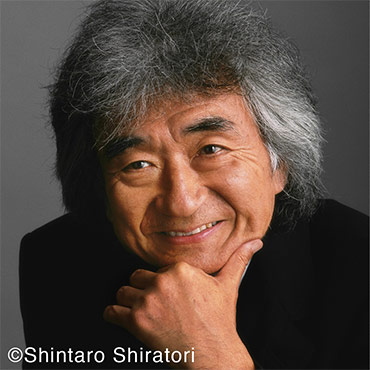
Born 1935 in Shenyang, China. Seiji Ozawa studied piano from a young age, and after graduating from Seijo Junior High School, went on to study conducting under Hideo Saito at the Toho School of Music.
In 1959, he won first prize at the International Competition for Young Conductors held in Besançon, France, and was invited the next summer to Tanglewood by Charles Munch, who was a judge at the competition and music director of the Boston Symphony Orchestra at the time. He proceeded to study under Karajan and Bernstein and went on to serve as assistant conductor of the New York Philharmonic, music director of the Chicago Symphony Orchestra’s Ravinia Festival, music director of the Toronto Symphony Orchestra, and music director of the San Francisco Symphony. In 1973, he became the 13th music director of the Boston Symphony Orchestra, where his tenure of 29 years was the longest in the history of American orchestras.
As music director of BSO, he built the orchestra’s reputation internationally, with successful concerts in Europe in 1976 and Japan in March 1978. In March 1981, BSO toured 14 cities in America to commemorate its centennial and then executed a worldwide tour in fall of the same year, with stops in Japan, France, Germany, Austria, and the United Kingdom. It went on to perform in Europe in 1984, 1988, and 1991, and Japan in 1986 and 1989, all to great acclaim. In 1978, Ozawa was officially invited by the Chinese government to work with the China Central Symphony Orchestra for a week. A year later in March 1979, Ozawa brought the Boston Symphony Orchestra to become the first American orchestra ever to visit China, facilitating significant cultural and musical exchanges. He has since continued to build a strong relationship with China. He has also taken the San Francisco Symphony to Moscow (the USSR at the time) in June 1973 to perform with Mstislav Rostropovich.
In autumn 2002, Ozawa became music director at Wiener Staatsoper, a position he held until spring 2010. His reputation and popularity are enormous in Europe, where he has conducted many orchestras including the Berliner Philharmoniker and the Vienna Philharmonic. He has also appeared in prominent opera houses such as l’Opéra in Paris, Teatro alla Scala in Milan, Opera di Firenze, and the Metropolitan Opera in New York.
In Japan, Ozawa conceived the Saito Kinen Orchestra to commemorate his late mentor, Hideo Saito. Formed with Kazuyoshi Akiyama and other colleagues, the orchestra held greatly successful concerts in Tokyo and Osaka in 1984 and went on to tour Europe in 1987, 1989, and 1990. In 1991, its concerts in Europe and America were received with great accolades. These activities led to the inception of Ozawa’s artistic dream in 1992: the Saito Kinen Festival Matsumoto. Ozawa became director of this international music festival, a role that continues to this day. SKO continued to tour, with overseas concerts in 1994, 1997 and 2004. In 2015, the festival entered a new stage to become the “Seiji Ozawa Matsumoto Festival.”
Ozawa has been particularly focused on education. The Chamber Music Academy Okushiga evolved from the Saito Kinen chamber music study group sessions that started in 1997, and in 2011, this became the non-profit organization Ozawa International Chamber Music Academy Okushiga, Asia, to provide opportunities to outstanding students from countries in the region. Ozawa also founded the Seiji Ozawa Music Academy Opera Project in 2000 and the Seiji Ozawa Music Academy Orchestra Project in 2009, working actively to cultivate young musicians through performance. In 2005, he established the Seiji Ozawa International Academy Switzerland to educate European music students. Ozawa has also worked closely with the Mito Chamber Orchestra since its foundation in 1990, serving as general director of the orchestra as well as director general of Art Tower Mito from 2013. He has also worked regularly with the New Japan Philharmonic since its founding.
Ozawa has won many awards in Japan and abroad, including: the Asahi Prize (1985); an Honorary Doctorate from Harvard University (2000); the Austrian Cross of Honour for Science and Art, First Class (2002); the Mainichi Art Award (2003); the Suntory Music Prize (2003); an Honorary Doctorate from the Sorbonne University of France (2004); Honorary Membership from the Wiener Staatsoper (2007); France’s Officier de la Légion d’Honneur (2008); Foreign Associated Member in the Académie des Beaux-Arts de l’Institut de France (2008); the Order of Culture, which is the highest honor in Japan (2008); Giglio D’Oro by Premio Galileo 2000 Foundation of Italy (2008); the first Japanese national to be bestowed honorary membership to the Vienna Philharmonic (2010); the Praemium Imperiale from the Japan Art Association (2011); the Akeo Watanabe Foundation Music Award (2011); and the Kennedy Center Honors (2015). In 2016, the Ravel L’enfant et les sortilèges album conducted by Seiji Ozawa and performed by the Saito Kinen Orchestra that was recorded at the 2013 Saito Kinen Festival Matsumoto won the 58th Grammy Award for Best Opera Recording. In the same year, he was named Honorary Member by the Berliner Philharmoniker and Honorary Citizen of Tokyo.
PROGRAM
Seiji Ozawa Music Academy Opera Project XVIII
J. Strauss Ⅱ:Die Fledermaus

-
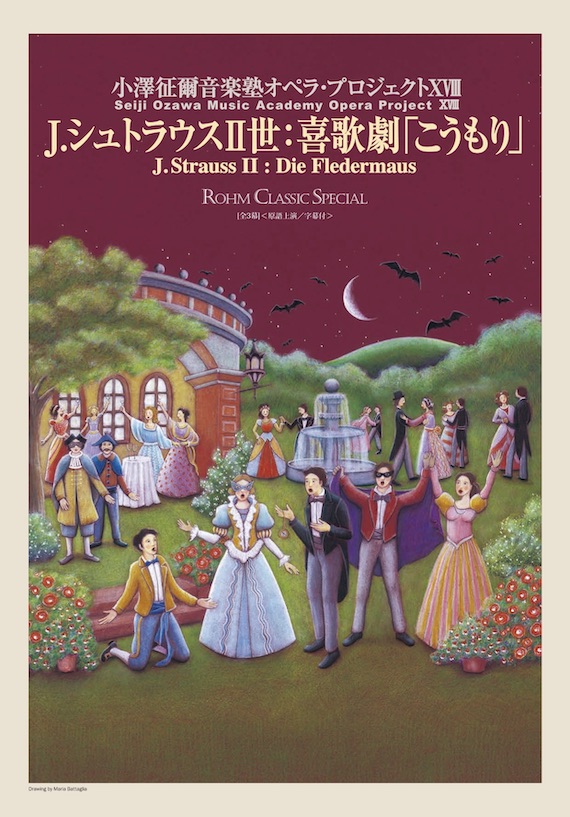
-
Opera in 3 Acts in German with Japanese Titles
Tour Schedule
March 20, 2020 (Fri/Holiday) 15:00 ROHM Theatre Kyoto Main Hall
March 22, 2020 (Sun) 15:00 ROHM Theatre Kyoto Main Hall
March 25, 2020 (Wed) 18:30 Tokyo Bunka Kaikan
March 29, 2020 (Sun) 15:00 Aichi Prefectural Art TheaterCast
Rosalinde: Wendy Bryn Harmer
Gabriel von Eisenstein: Adrian Eröd
Adele: Anna Christy
Alfred: John Tessier
Prince Orlofsky: Emily Fons
Dr. Falke: Russell Braun
Frank: Dale Travis
Dr. Blind: Jean-Paul Fouchécourt
Ida: Eriko Kuribayashi
Frosch: Matsuko Deluxe*Cast is subject to change.
Artistic Director: Seiji Ozawa
Conductors: Christian Arming,Seiji Ozawa
Director: David Kneuss
Set Designer: Gunther Schneider-Siemssen
Costume Designer: Peter J. Hall
Lighting Designer: Tatsuo Takasawa
Choreographer: Marcus Bugler
Orchestra: Seiji Ozawa Music Academy Orchestra
Chorus: Seiji Ozawa Music Academy Choir
(Chorus Master: Takuya Nemoto)Presented by:
Seiji Ozawa Music Academy / VEROZA Japan
Kyoto City / ROHM Theatre Kyoto (Kyoto City Music Art Cultural Promoting Foundation) *Kyoto Performances
Tokai Television Broadcasting Co.,Ltd. (Nagoya Performance)
Co-presented by: Rohm Music Foundation
Sponsored by: ROHM Co., Ltd
Support: Nippon Broadcasting System Inc. (Tokyo Performance)
In Cooperation With ANA
Produced by: VEROZA JapanOriginal Production: Otto Schenk
Original Production Lighting Designer:Gil Wechsler
This production premiered at The Metropolitan Opera on December 4, 1986.
All scenery, properties, and costumes constructed by The Metropolitan Opera shops.
-
-
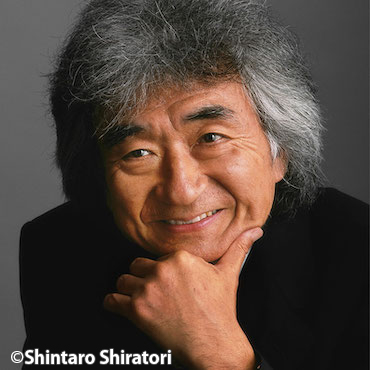 Artistic Director, ConductorSeiji Ozawa
Artistic Director, ConductorSeiji Ozawa -
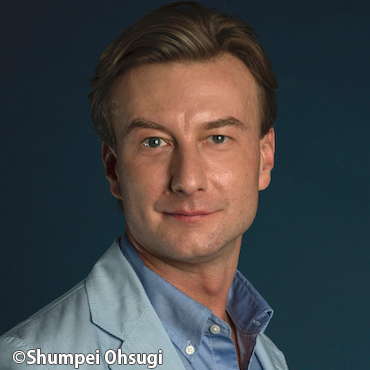 ConductorChristian Arming
ConductorChristian Arming -
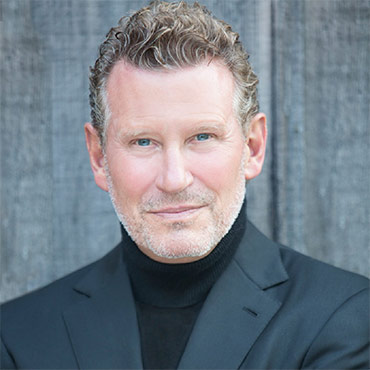 DirectorDavid Kneuss
DirectorDavid Kneuss
-
-
Cast
-
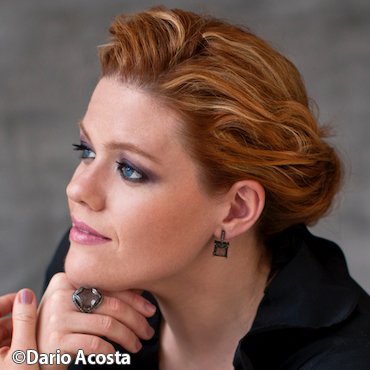 RosalindeWendy Bryn Harmer
RosalindeWendy Bryn Harmer -
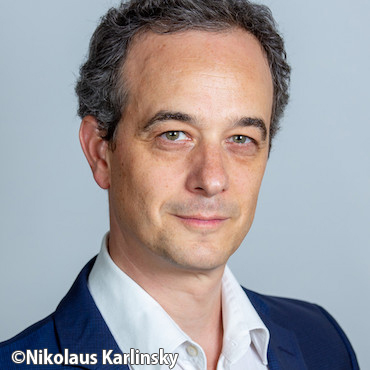 Gabriel von
Gabriel vonEisenstein Adrian Eröd -
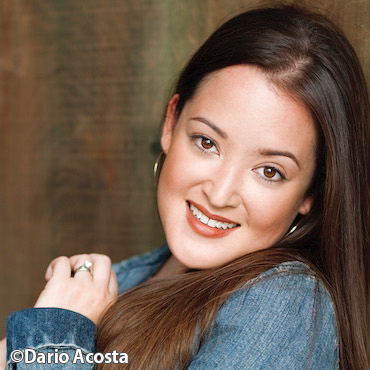 AdeleAnna Christy
AdeleAnna Christy -
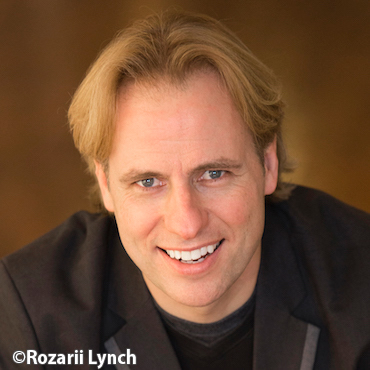 AlfredJohn Tessier
AlfredJohn Tessier -
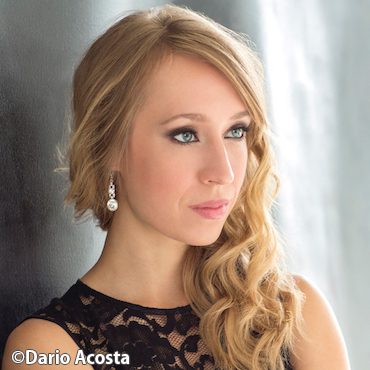 Prince OrlofskyEmily Fons
Prince OrlofskyEmily Fons -
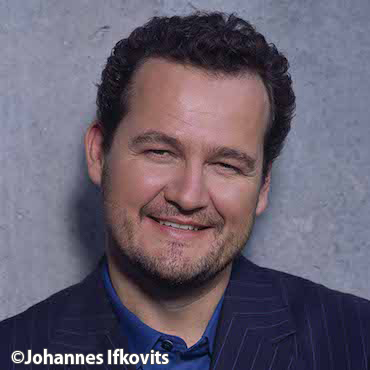 Dr. FalkeRussell Braun
Dr. FalkeRussell Braun -
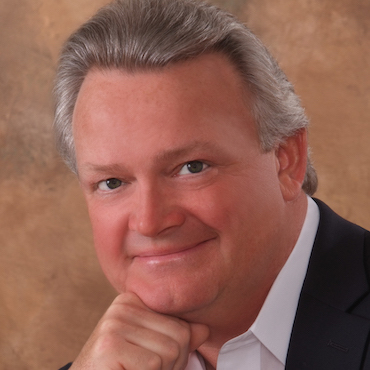 FrankDale Travis
FrankDale Travis -
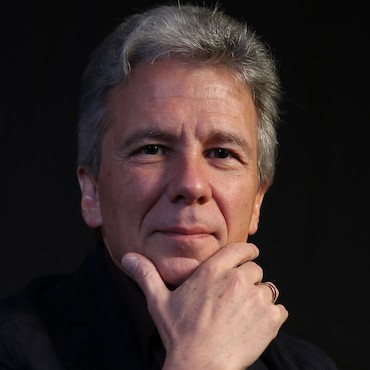 Dr. BlindJean-Paul Fouchécourt
Dr. BlindJean-Paul Fouchécourt -
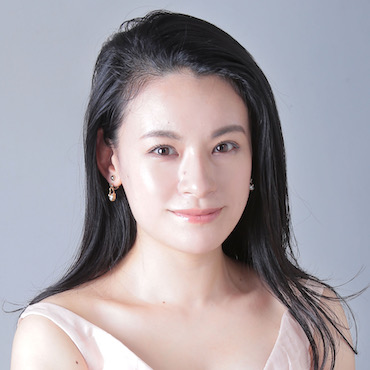 IdaEriko Kuribayashi
IdaEriko Kuribayashi -
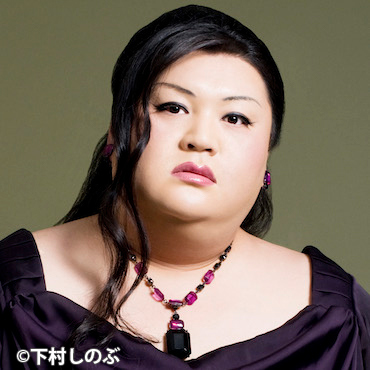 FroschMatsuko Deluxe
FroschMatsuko Deluxe
-
TICKETS
Seiji Ozawa Music Academy Opera Project XVIII
J. Strauss Ⅱ:Die Fledermaus

Opera in 3 Acts in German with Japanese Titles
Tickets go on sale December 14 (Sat), 2019.
Price: S ¥25,000 A ¥21,000 B¥17,000 C¥13,000 D¥8,000 (All seats reserved)
U25¥3,000 (General admission tickets for ages 25 and under, limited to one per person and available upon confirmation of age only at a designated ticket agent.)
*All ticket prices include tax.NOTE:
*Seiji Ozawa, as Music Director, will be providing instruction in rehearsals and is also scheduled to conduct one portion of the performances. We ask, however, that you accept our apologies in the instance that a worsening in his physical condition prevents him from conducting.
*Artists and programs are subject to change without prior notice. All ticket sales are final and there are no refunds or exchanges. Refunds are issued only in the case of cancellation or postponement of the performances. Please carefully review these conditions before purchasing your tickets.
-
KYOTO Ticket Information
March 20, 2020 (Fri/Holiday) 15:00 ROHM Theatre Kyoto Main Hall
March 22, 2020 (Sun) 15:00 ROHM Theatre Kyoto Main HallTICKETS- Coming soon
-
TOKYO Ticket Information
-
AICHI Ticket Information
